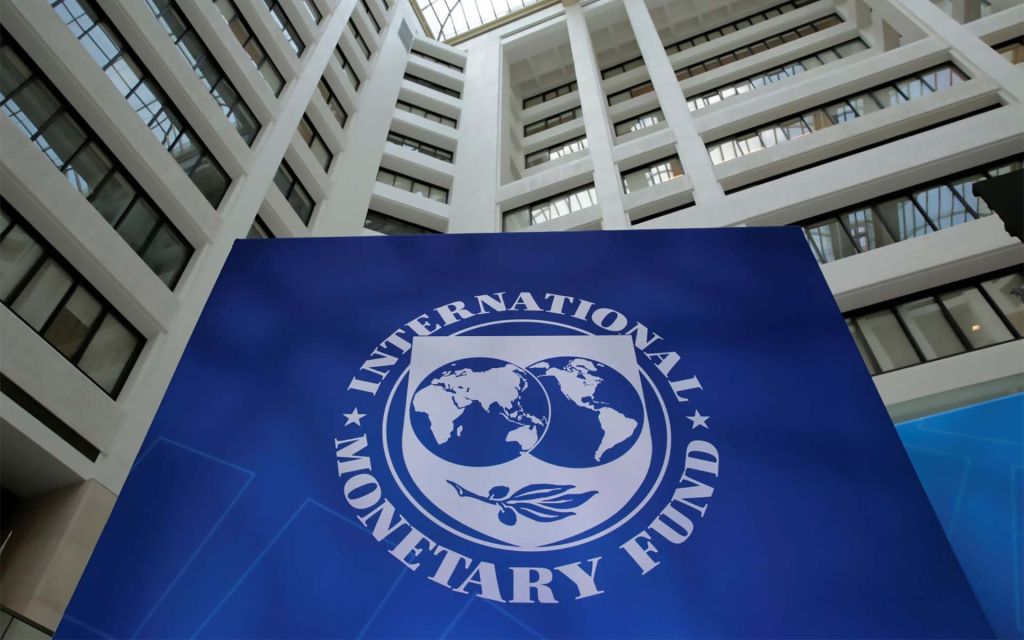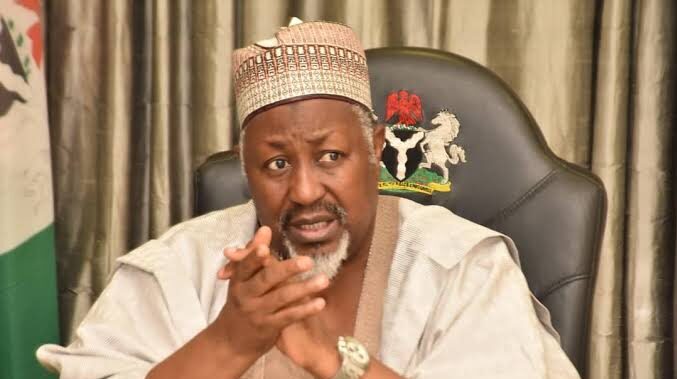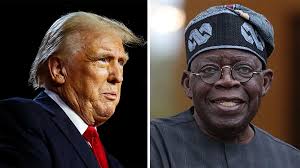
The International Monetary Fund (IMF) has defended its recommendations to Nigeria on foreign exchange rate adjustments and subsidy removal, emphasizing that these reforms are essential for the country’s economic stability.
The Washington-based institution reaffirmed its stance in a statement sent to Premium Times on Wednesday, October 30, noting that these measures aim to improve Nigeria’s macroeconomic outlook.
Abebe Selassie, Director of the African Department at the IMF, recently praised the reforms initiated by President Bola Tinubu’s administration at the IMF/World Bank meetings in Washington, D.C. Selassie emphasized that subsidy removal and FX rate reforms align with the IMF’s longstanding recommendations, which encourage investment in infrastructure, health, and education.
“Removing the subsidy unlocks the economy’s vast potential, attracting investment and fostering growth.” He added that reallocating subsidy savings could support vulnerable households, aiding those affected by current economic hardships.
In response to concerns from Nigerian media about the IMF’s involvement in subsidy removal, the IMF clarified it had reviewed Nigeria’s petrol subsidy and foreign exchange policies before the reforms, highlighting inefficiencies in the subsidy model.
“The petrol subsidy benefits not only low-income households but also wealthier Nigerians who do not require government support,” the IMF noted. Additionally, it argued that subsidized petrol is often smuggled to neighboring countries with higher fuel prices, benefiting citizens outside Nigeria.” Selassie stated
The IMF criticized Nigeria’s fixed exchange rate policy, stating that the disparity between official and parallel exchange rates placed a heavy burden on the Central Bank’s reserves and forced many Nigerians to pay a premium for dollars. “Until mid-2023, Nigerians faced a premium of around 60 percent on the parallel market,” the IMF remarked. “Market-determined exchange rates provide fair access to dollars at a uniform price.”
Reaffirming its recommendations, the IMF said, “We stand by our advice,” noting that its recommendations are designed to foster macroeconomic stability and improve living standards. The IMF described the reforms as part of a comprehensive policy mix, including social transfers for those most affected by inflation and economic adjustments.
The IMF concluded by noting that it provides similar guidance to all member countries, but each government ultimately makes its policy choices based on multiple inputs.







